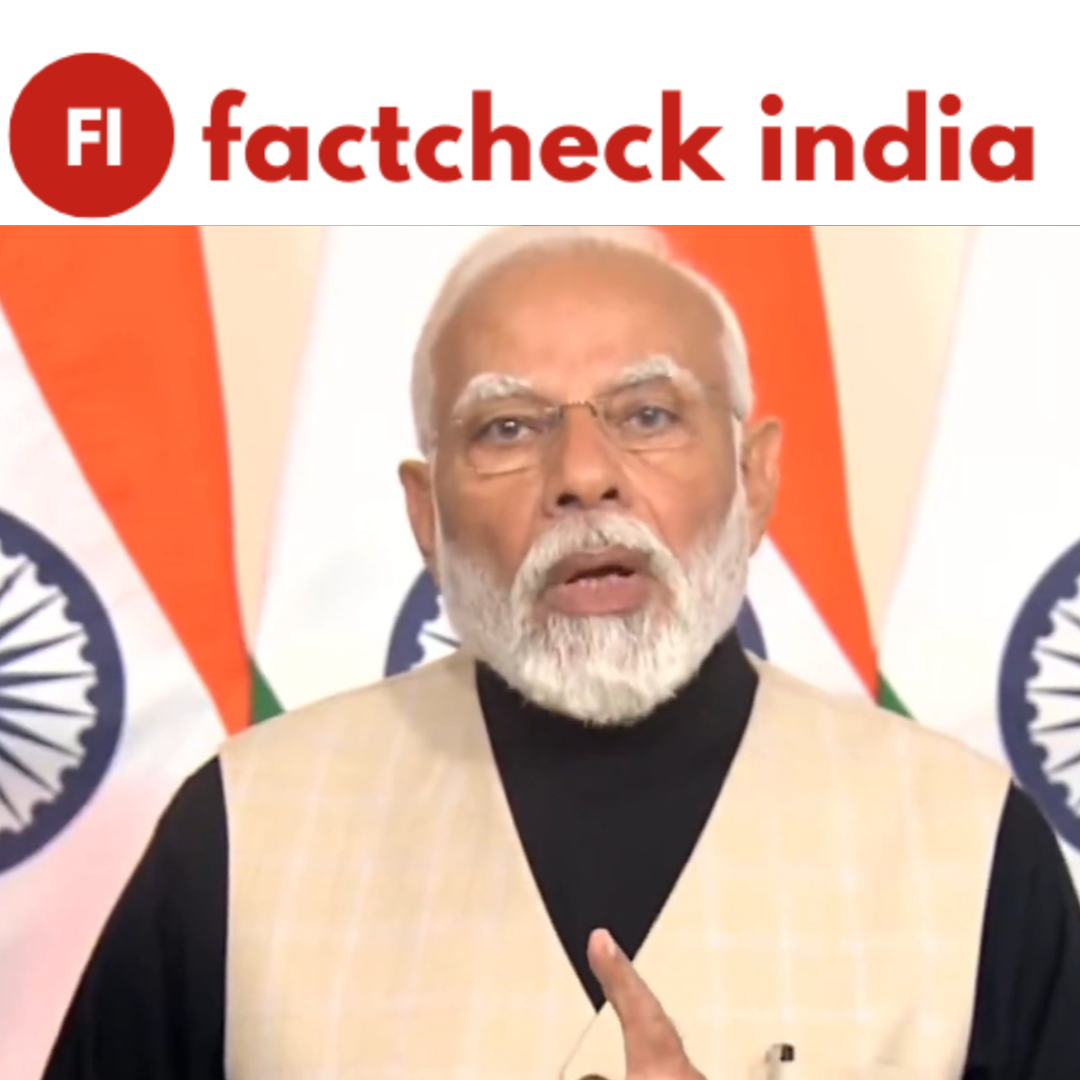On World Environment Day 2025, Prime Minister Narendra Modi is not just delivering speeches — he’s planting solutions. At 10:15 AM on June 5, the Prime Minister will lead a special tree plantation drive under the ‘Ek Ped Maa Ke Naam’ campaign at Bhagwan Mahavir Vanasthali Park in New Delhi. But this is no mere symbolism — it’s a step embedded in India’s growing green movement.
So what exactly is the initiative, and why does it matter? Let’s break it down.
A Tree for Every Mother: ‘Ek Ped Maa Ke Naam’
Under this emotional and symbolic campaign, PM Modi will plant a banyan sapling — a gesture that celebrates both nature and motherhood. But this is not just about one tree; it’s part of a massive environmental mission.
The sapling will be planted as part of the Aravalli Green Wall Project, a green revival plan spanning 700 km of the Aravalli mountain range, one of the oldest fold mountains in the world.
What is the Aravalli Green Wall Project?
The Aravalli Green Wall Project is an ambitious reforestation and ecological restoration drive across 29 districts in four states: Delhi, Rajasthan, Haryana, and Gujarat.
The objectives:
- Reforest and green the 5-km buffer zone along the Aravallis
- Boost biodiversity through afforestation and restoration
- Rejuvenate water bodies to enhance water availability
- Improve soil health and climate resilience
- Generate employment and sustainable livelihoods for local communities
The Aravallis are crucial not just for biodiversity, but also for shielding northern India from desertification. Reviving them is not a choice — it’s a necessity.
Green Wheels in Motion: 200 Electric Buses Flagged Off
In another major move, PM Modi will flag off 200 Electric Buses as part of the Delhi Government’s sustainable transport initiative.
Clean public transport is a critical component of urban sustainability. The new fleet of electric buses is expected to:
- Reduce carbon emissions in the capital
- Ease traffic pollution, a major health hazard
- Promote a cleaner, quieter cityscape
This collaboration between the Centre and Delhi Government signals a rare moment of unity in pursuit of a common cause — a greener India.
India’s Energy Shift: A Decade of Transformation
Marking the occasion, the Prime Minister also shared an article written by Union Minister Hardeep Singh Puri highlighting India’s structural energy transformation over the last 11 years.
“India’s energy sector has undergone a structural transformation with a strong push for affordable and clean energy through reforms, green initiatives and focus on self-reliance,” PM Modi said while quoting the article on X (formerly Twitter).
From the rise in renewable energy capacity to the expansion of electric mobility, India has emerged as a global example of clean growth with equity.
Why This Matters: Beyond Symbolism
In an age of climate anxiety, World Environment Day risks becoming performative — speeches, hashtags, and photo-ops. But Modi’s actions this year attempt to anchor the occasion in policy, action, and impact.
Whether it’s reviving the Aravallis or decarbonizing urban transport, the message is clear:
India’s green future will be built one tree, one bus, and one reform at a time.
Key Takeaways:
- PM Modi to plant a banyan tree under Ek Ped Maa Ke Naam at Bhagwan Mahavir Vanasthali Park, New Delhi
- Part of the 700-km Aravalli Green Wall Project spanning 4 states
- PM to flag off 200 electric buses in Delhi to boost clean mobility
- Reiterates India’s decade-long transformation in clean energy
- PM calls for citizen participation in preserving nature and sustainability

